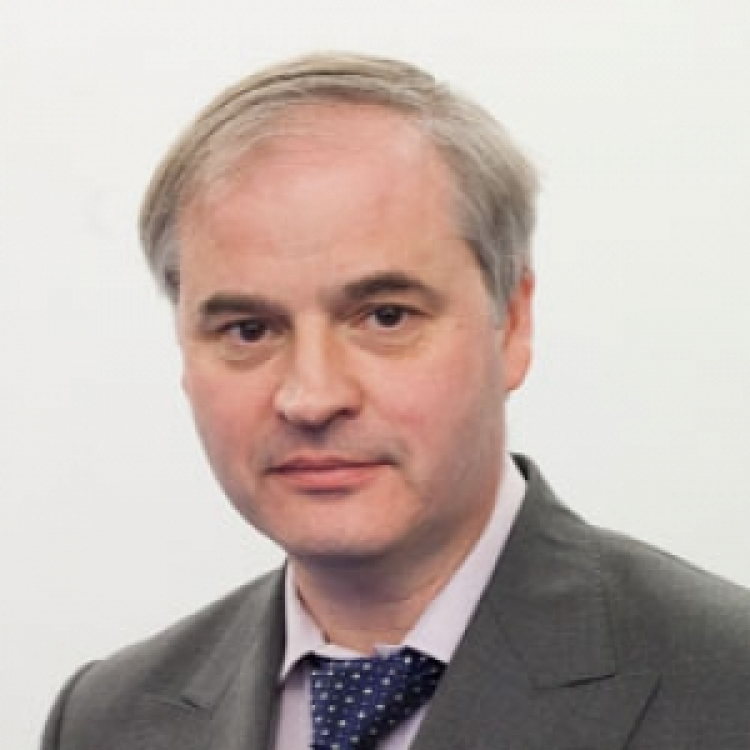Colin Barker – Airmic board member interview

A veteran of Airmic’s audit and finance committees, Colin Barker has worked to increase the board’s focus on governance
Colin Barker is a member of Airmic’s board who has served in a variety of accounting, legal, company secretary, risk and insurance management roles in his career, which has included 32 years at Bayer, a life sciences firm.
Acknowledging that a more typical career path has been to specialise, he thinks his experience will be more in line with how many young risk professionals’ future careers may develop.
“Opportunities come up as things change, and you move along. In some ways it seems disjointed, because it means you don’t go up in a vertical line, but more of a slow spiral upwards,” he says.
“In the future I think this will become more typical, in a world where most people will have served in a number of jobs before they reach thirty. People have to be more flexible nowadays than previously, when the idea of qualifying as an accountant led to a linear career path,” Colin adds.
Skillsets are nowadays seen as more transferrable, he suggests, creating wider opportunities for risk professionals.
“You get a business person or a project person leading a team,” he says. “You wouldn’t expect an accountant to lead and manage a medical team, for example, but if they’ve got the skills and ability, why not?”
For young professionals, whether working in a risk role or a business facing function, he draws on the traditional apprenticeship approach as a useful model.
“People come in as apprentice, they may spend a year working within supply chain, learn to understand the business and what the customer wants, and then go off into a sales role, where they will benefit from experiencing different perspectives. Five years ahead they might be an area manager,” Colin says.
Colin looked into joining Airmic back in 1998-1999 to aid his own learning and development (L&D), something which he says has come on in leaps and bounds at the membership organisation in the years since then. “The Airmic Annual Conference is still the best single opportunity for L&D, and that has not changed,” he adds.
He has now been on Airmic’s board for seven years. He credits his initial board appointment to a drive to broaden the board’s skillset, from insurance and risk, to accountancy, finance, governance, and wider ranging sector backgrounds.
As a board member, he notes with satisfaction a growing culture from an era in which boards provided sign-off for management, towards a greater onus on governance.
“The board has changed its focus more towards talking about the future of organisation, its strategy and becoming more accountable. That leads to some genuine debates and sometimes disagreeing over how to do something, but usually agreeing on the issues themselves,” he says.
Colin sits on the board’s audit and finance committees, both of which he has previously chaired. He has used his time to promote a wider board-level focus on governance, something he is proud to have driven for Airmic, particularly through the audit committee.
“My focus has been to focus on aspects such as business continuity planning and as part of this, planning for crises, GDPR compliance, information security, and an overall improvement in the scope of our documented policies and procedures,” he says.
“For example, it was particularly beneficial for Julia Graham (then Airmic technical director and deputy CEO) to have developed a new BCP in the months prior to the Covid-19 pandemic, as suddenly remote working and shutting the office became reality.”
Broadening the governance focus is still “a work in progress”, he thinks, and given the dynamic and complex world we operate in, it will continue to be.
“It’s been about developing wider cultural controls in addition to financial controls, something which I think Alison Quinlivan, Airmic board member and the new audit committee chair, will expand to include a focus on our code of ethics, and Environmental, Social and Governance (ESG) policy,” Colin adds.
